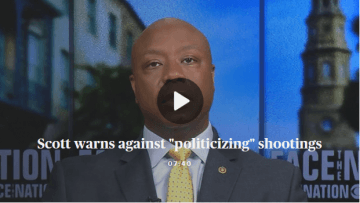by Deanna K. Kreisel (Doctor Waffle Blog)

I am writing this essay during my ninth trip to New Zealand, a country that I love dearly and that is also trying to kill me. The first time I nearly died here was 21 years ago, and it’s been happening with a fair degree of regularity ever since. In 2001 my Kiwi spouse was required, by the terms of his student visa, to return home for two years, so we relocated to Aotearoa for what we thought would be a lengthy sojourn.[1] We arrived at his mum’s house in the middle of the North Island in the middle of the night and in the middle of the winter, emotionally battered, drained from 24 hours of plane travel, and with a crippling case of jet lag. For days my lovely mother-in-law took great and tender care of us, refusing to let us to go to sleep at 5:00 p.m. when our bodies were screaming for bed—unfortunately, she tried to keep us awake with episodes of “Monarch of the Glen” and “Coronation Street,” literally the two most soporific television programs ever devised by the mind of man. So many solicitous cups of tea! So many somnambulist games of Scrabble! So many furzy Scottish landscapes melting drowsily into cobblestoned Mancunian streets![2] Her ministrations were kindly meant, if largely inefficacious.
But that is not how I almost died. Just a couple of days into our sleep-deprivation program, my sister-in-law M. decided it would be an excellent idea to take us caving. Clearly my brain was not working properly from lack of rest, so I agreed to this plan and a day later we all piled into her car for the first, and not least hazardous, part of the expedition: the trip from the Bay of Plenty to Waitomo, which was my first experience of cross-country travel in my newly adopted homeland. For Americans used to interstate highway travel, the process of getting from Point A to Point B in New Zealand by car can seem daunting and even surreal. Read more »


